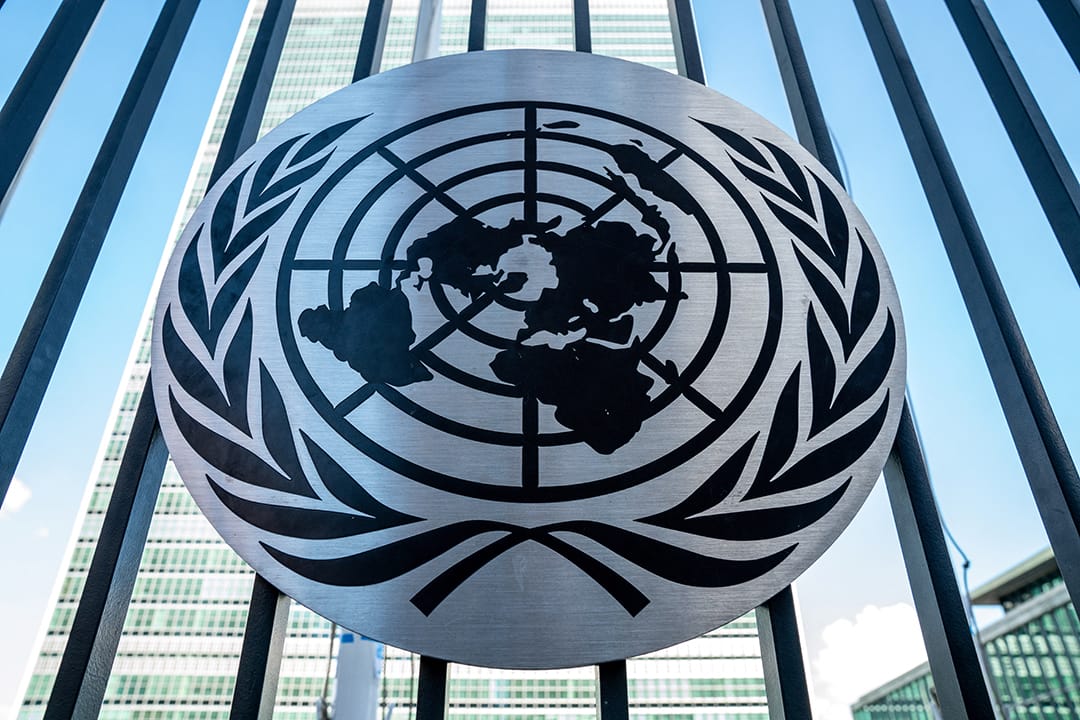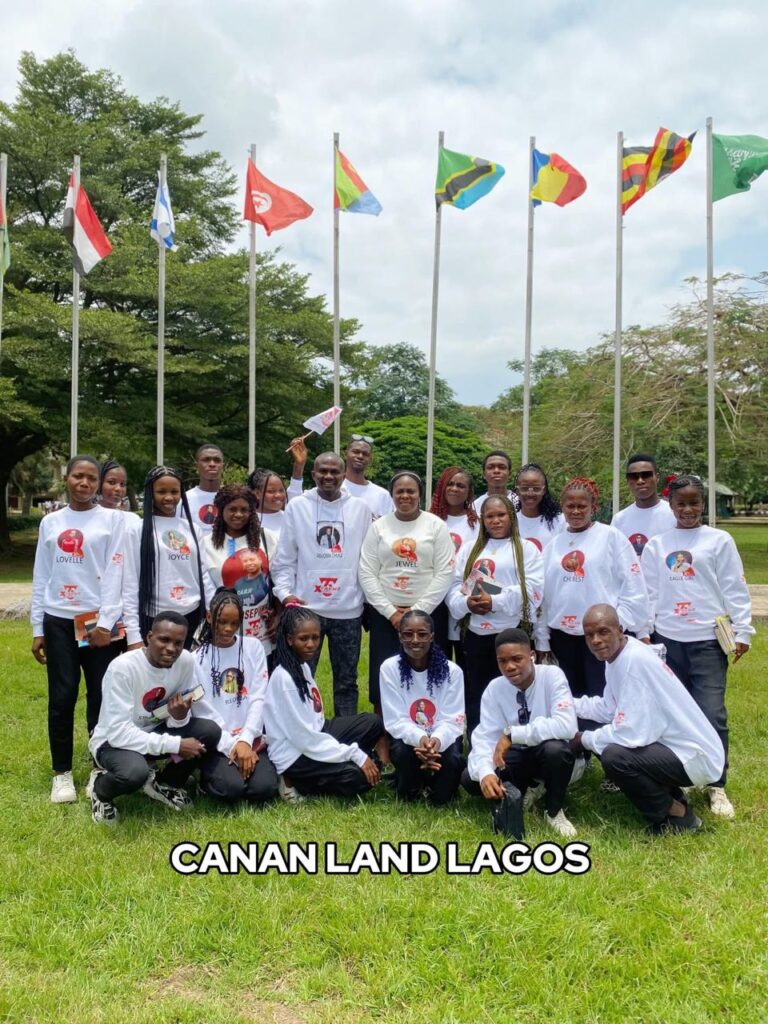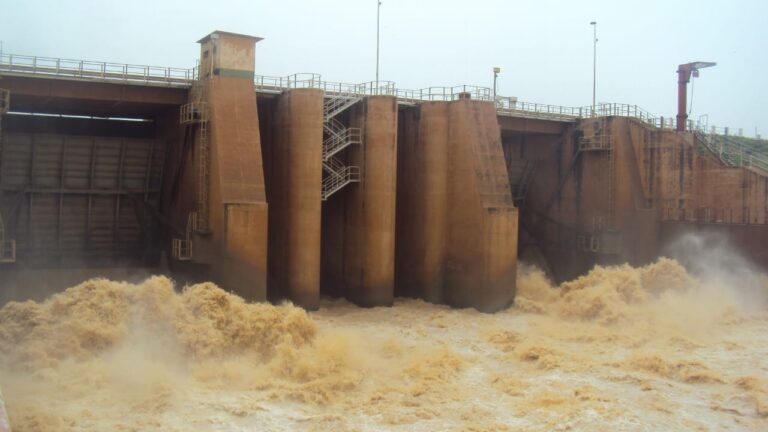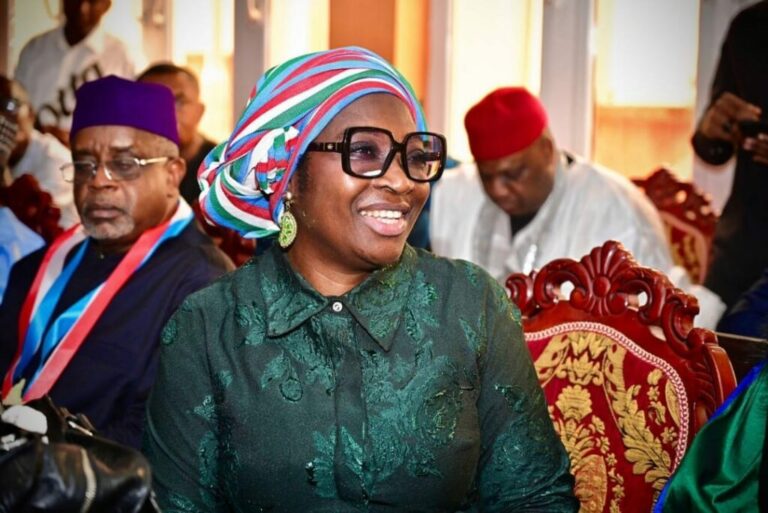
The United Nations (UN) department of safety and security has cautioned that the planned demonstrations in Nigeria might be co-opted by groups with hidden agendas.
Recent reports indicate that various Nigerian factions are organizing a nationwide protest from August 1 to 10, labeled as “10 days of rage,” to address the country’s escalating cost of living and economic adversity.
In a threat and risk assessment report dated July 19, the UN expressed apprehensions regarding the potential for violence, citing past instances where similar protests in Nigeria escalated.
“Recall that in the 13–16 February 2023 timeframe, tensions arising from the scarcity of new Naira currency (financial crisis) escalated significantly among the civilian populace, resulting in violent demonstrations in the South-East and South-South regions of Nigeria, encompassing the states of Akwa Ibom, Delta, Edo, Imo, Kwara, Lagos, Ondo, Ogun, Oyo, and Rivers,” the threat and risk assessment states.
“Throughout the civil unrest in the various states, numerous bank branches and ATM locations were vandalized, and major thoroughfares were obstructed.
“As the turnout for the ’10 days of rage’ protest is anticipated to be substantial, widespread disruptions to ordinary economic and social activities cannot be ruled out.”
The threat assessment also revealed that clashes between pro-government factions and dissenting groups may occur from the end of July through August 10-15.
“While acknowledging the economic hardships in the nation, certain organizations and leaders of ethnic groups (especially in South-South and South-East) were discouraging involvement in any of the August 1-10 protests (e.g. Ọhanaeze Ndigbo, a socio-cultural organization in Nigeria purporting to represent the interests of all Igbos),” the UN stated.
“This underscores the likelihood of the events being co-opted by other interest groups/detractors, thereby complicating the security landscape of different regions.”
Those advocating for the protests are demanding a reversal of certain policies implemented by President Bola Tinubu that are perceived to have exacerbated hardships in the country.
Some of the requests include the reinstatement of petrol and tertiary education subsidies, the restoration of affordable electricity tariffs, and the reduction of import duties to pre-crisis levels.
Additional demands consist of declaring a state of emergency on inflation, enhancing transparency in public administration, publicly disclosing and reducing the salaries and allowances of political office holders, and implementing reforms to the judicial system.
In a communication directed towards Tinubu, Joe Ajaero, president of the Nigeria Labour Congress (NLC), expressed that it would be challenging to prevent Nigerians from expressing discontent with the government’s policies.



